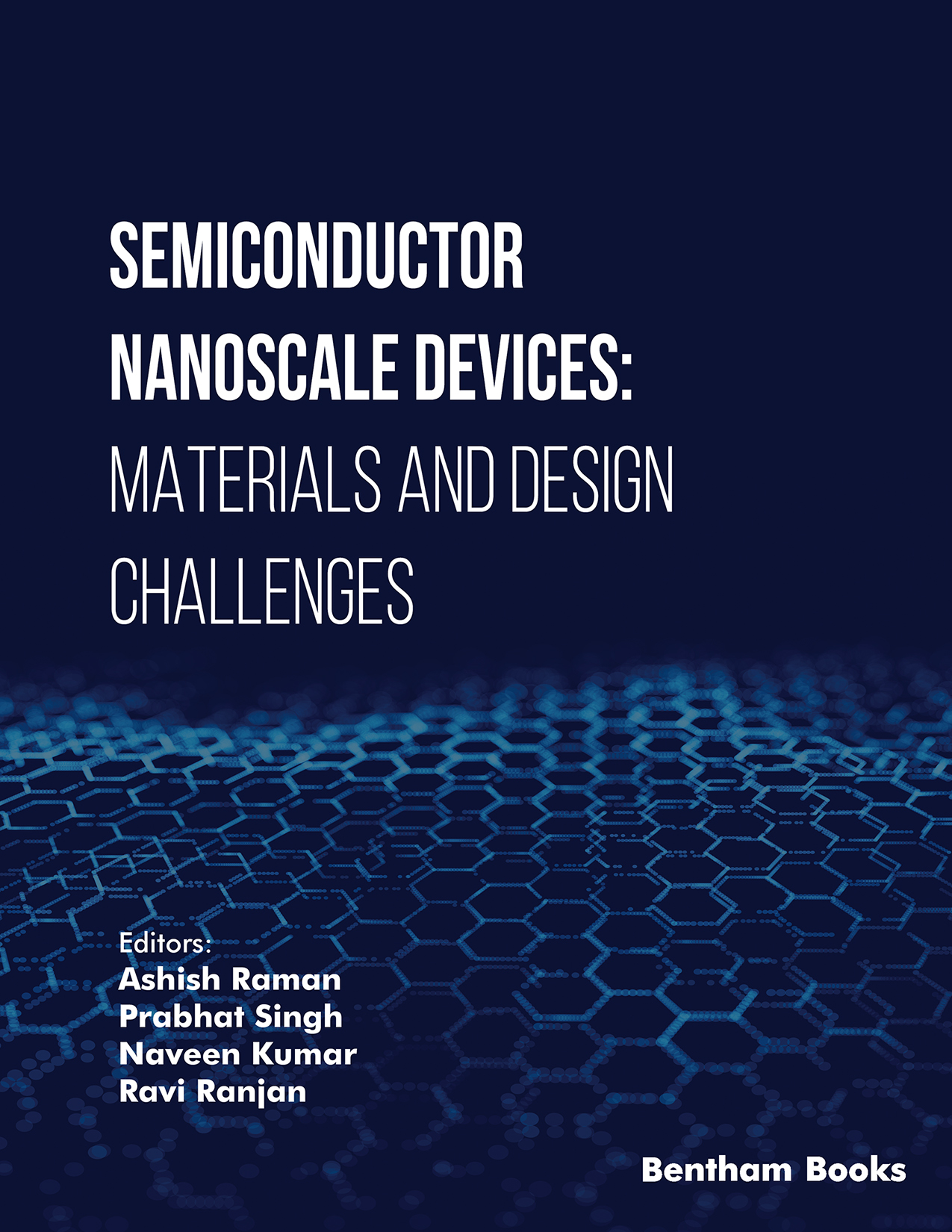Introduction
Semiconductor Nanoscale Devices: Materials and Design Challenges provides a comprehensive exploration of nanoscale technologies and semiconductor device design, focusing on innovative materials and advanced applications. It bridges classical and quantum concepts, offering insights into foundational materials, device architectures, and future technologies like biosensors, 6G communication, and photovoltaics. The book is organized into three sections: foundational concepts, methodologies and advancements, and next-generation applications. It emphasizes practical design, analytical modeling, and optimization for real-world applications, making it a valuable resource for professionals and researchers.
Key Features:
- - Comprehensive coverage of nanoscale semiconductor device design challenges and innovations.
- - Focus on advanced materials and methodologies for cutting-edge technologies.
- - Practical insights into measurement techniques and device optimization.
- - In-depth exploration of emerging applications like 6G, biosensors, and photovoltaics.
Readership
Graduate students, researchers, professionals in semiconductor and nanoelectronics, and academics in materials science, electrical engineering, and applied physics.

